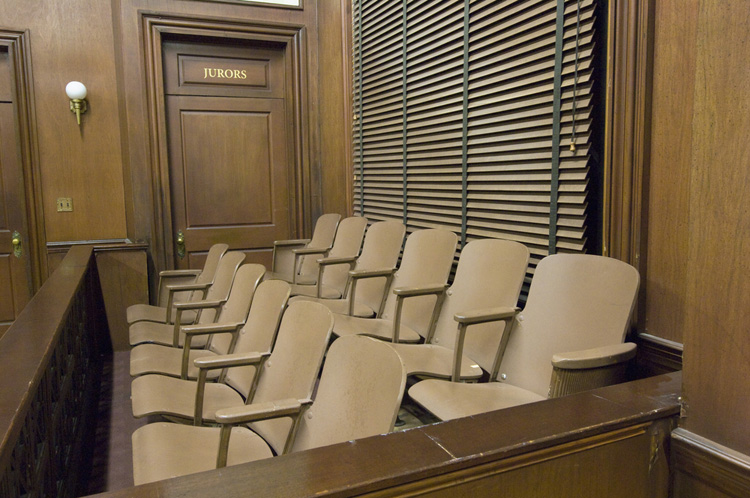Ban on nonunanimous juries is not retroactive in Louisiana, top state court says

Image from Shutterstock.
The Louisiana Supreme Court ruled Friday that inmates convicted by nonunanimous juries can’t challenge their convictions if they were final before the U.S. Supreme Court held that the Sixth Amendment required jury unanimity to convict in serious cases—in federal and state courts.
The Louisiana Supreme Court said the new procedural rule announced by the Supreme Court in the 2020 decision Ramos v. Louisiana did not apply retroactively to state cases on collateral review, which follows the direct appeal.
“In making this decision, we are mindful of the strong reliance interests at stake and the high administrative burden that many retrials of final convictions would impose on our system of justice,” the Louisiana Supreme Court said.
The state supreme court also noted that citizens who voted to amend the state constitution in 2018 to require unanimity applied the new rule to future cases only.
“We decline to act as a super-legislature by issuing a broader retroactivity approach than that approved by the voters of Louisiana,” the state supreme court said.
NOLA.com covered the Oct. 21 decision, as noted by the Marshall Project. The ruling affects as many as 1,500 inmates who were convicted by nonunanimous juries, according to NOLA.com.
The Louisiana decision is in accord with a Supreme Court decision last year that said the Ramos decision did not apply retroactively to cases on federal collateral review.
The Louisiana Supreme Court ruled against Reginald Reddick, who was convicted 10-2 on a charge of second-degree murder and sentenced to life without parole. The conviction became final following direct appeals in 1998.
A dissenter argued that a subset of defendants should be entitled to relief on collateral review—those who were convicted by a nonunanimous jury verdict that is tainted by racial animus.
Write a letter to the editor, share a story tip or update, or report an error.



